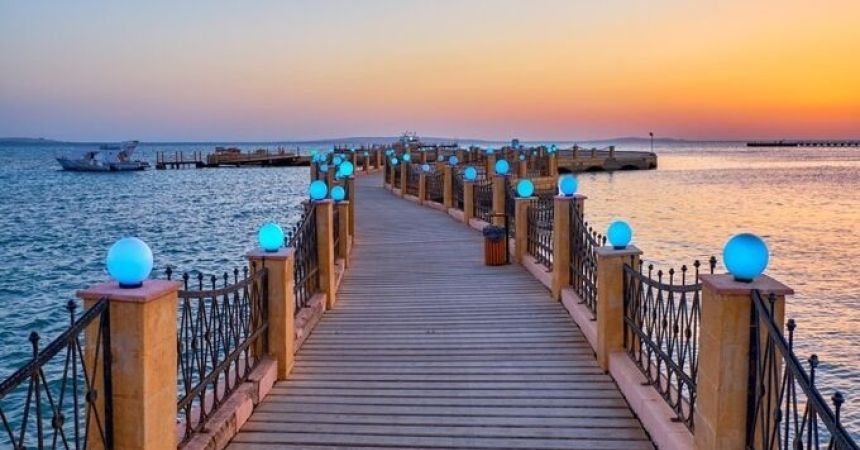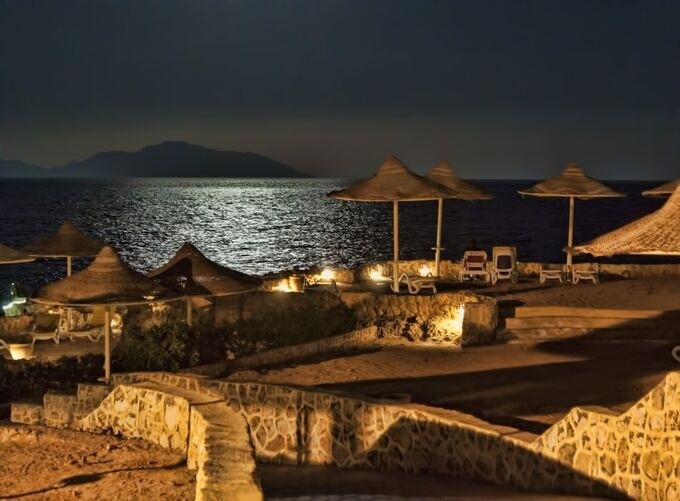
Is Egypt Safe for Tourists Latest Travel Guide
Egypt is one of the world’s most iconic destinations, famous for its pyramids, temples, Nile cruises, and Red Sea beaches. Every year, millions of travelers visit the country for cultural discovery, relaxation, and adventure.
If you are planning a holiday, booking travel packages, or designing a Egypt customized itinerary, you may ask: Is Egypt safe to travel? The short answer is yes—especially when trips are well planned and travelers follow basic precautions.
Current Safety Situation for Tourists in Egypt
Egypt’s main tourist destinations, including Cairo, Luxor, Aswan, Hurghada, Sharm El Sheikh, and Alexandria, are well protected and heavily monitored.
Tourism is vital to Egypt’s economy, so authorities prioritize visitor safety through:
- Tourist police in major attractions
- Security checkpoints near landmarks
- Regulated tour operations
- Licensed guides and transportation
Most travelers experience safe, smooth journeys focused on sightseeing and cultural exploration.
Safety in Popular Tourist Destinations
Egypt’s most visited areas are considered safe for international visitors:
- Cairo & Giza: Museums, pyramids, historic districts
- Luxor & Aswan: Temples, tombs, Nile cruises
- Red Sea Resorts: Beach vacations, diving, luxury resorts
- Alexandria: Coastal sightseeing and historical sites
These locations are included in most Egypt vacation packages and guided tours due to strong infrastructure and security presence.
Group Tours vs Private Tours: Which Is Safer?
Both options are safe, but each offers different advantages:
- Group tours: Structured schedules, constant guide support, fixed transport
- Private tours: Flexible timing, personalized attention, dedicated driver and guide
First-time travelers and families often choose group tours, while honeymoon couples and luxury travelers prefer private tours for comfort and privacy.
Common Safety Tips for Traveling in Egypt
Following simple travel rules makes your trip even safer:
- Carry copies of your passport
- Use licensed guides and transport
- Avoid political demonstrations
- Dress modestly at religious sites
- Keep valuables secure
- Stay hydrated and protect against sun
These habits help ensure a worry-free holiday experience.
Health and Medical Safety in Egypt
Major cities and resort areas have good hospitals and pharmacies. Travelers should:
- Drink bottled water
- Use sunscreen and hats
- Carry basic medications
- Have travel insurance
Most travel packages include assistance services or emergency support contacts.
Safety for Solo Travelers, Families, and Couples
Egypt welcomes all traveler types:
- Solo travelers: Safe in tourist areas with standard awareness
- Families: Resorts and cultural tours are family-friendly
- Honeymoon travelers: Luxury hotels, Nile cruises, and private tours offer secure, romantic environments
Tour operators carefully design itineraries to maximize comfort and safety.
Safety on Nile Cruises and Resorts
Nile cruises and Red Sea resorts are among the safest travel experiences in Egypt:
- Controlled environments
- On-board security
- Medical assistance availability
- Regulated excursions
These are popular choices in luxury holiday packages and honeymoon tours.
Is Egypt Safe for Sightseeing at Night?
In tourist zones, evening activities such as:
- Nile dinner cruises
- Night markets
- Cultural shows
- Hotel dining
are generally safe, especially when arranged through hotels or tour providers.
Final Thoughts: Is Egypt Safe to Travel?
Yes, Egypt is safe for tourists who plan responsibly, book reputable tours, and follow local guidance. Millions enjoy unforgettable vacations every year filled with history, culture, and relaxation.
Whether you are choosing budget group tours, luxury honeymoon packages, or Egypt tailor-made private tours, Egypt remains one of the most rewarding and secure travel destinations in the world.

FAQs
- Is Egypt safe for first-time tourists?
Yes, Egypt is safe for first-time visitors, especially when using licensed guides, organized tours, reputable hotels, and following basic travel safety practices. - Are group tours safe in Egypt?
Group tours are very safe, offering structured itineraries, professional guides, secure transportation, and constant assistance throughout sightseeing activities and city transfers. - Is Egypt safe for honeymoon travel?
Yes, Egypt is safe for honeymoon travelers, with luxury resorts, Nile cruises, private tours, and high-security tourist facilities ensuring comfort and privacy. - Are Red Sea resorts safe for vacation travelers?
Red Sea resorts such as Hurghada and Sharm El Sheikh are extremely safe, well-secured, and designed specifically for international holiday tourism. - What precautions should tourists take in Egypt?
Tourists should use official transport, follow guides, carry passport copies, avoid restricted areas, respect local customs, and keep valuables secure during travel.



